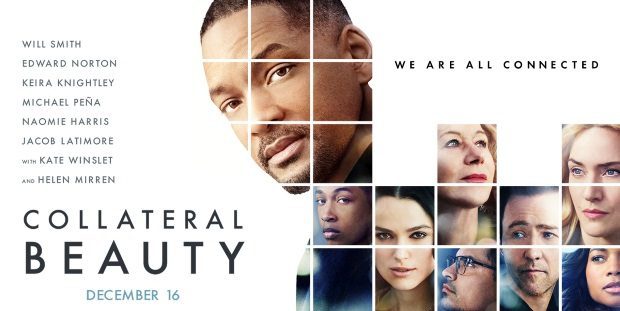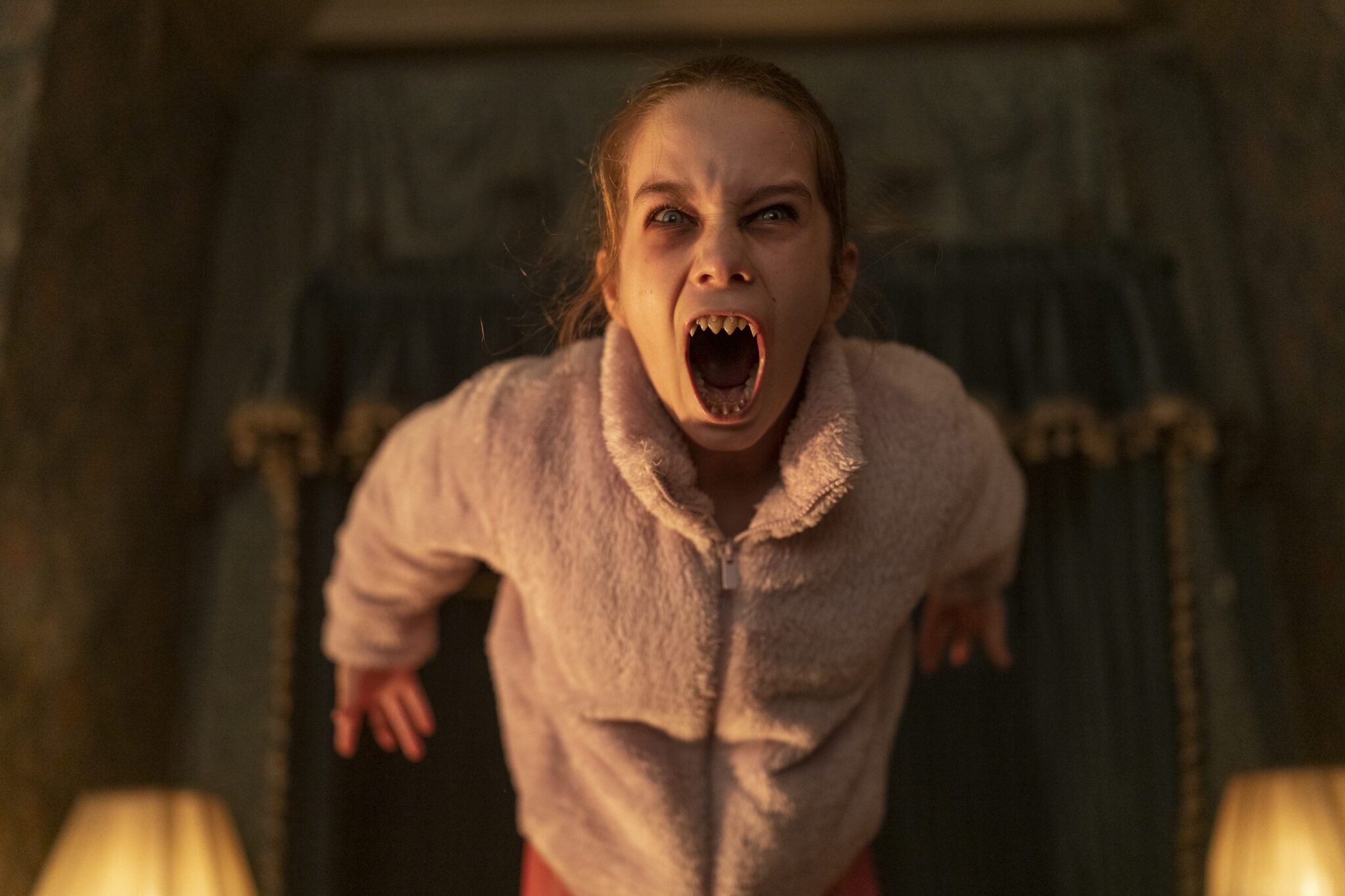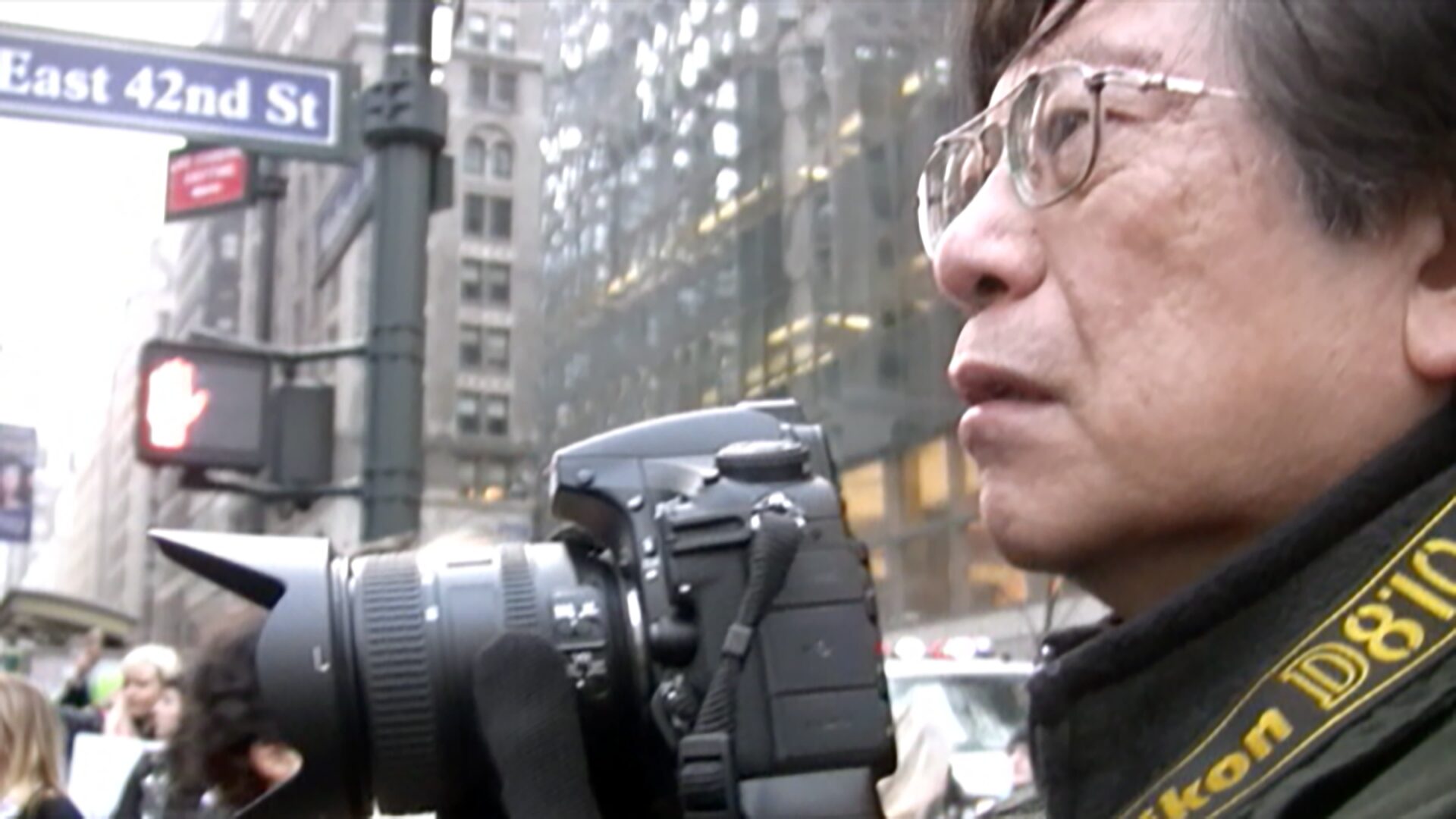Howard Inlet (Will Smith) finds himself lost in his own grief after his daughter dies. Two years later, his friends (Ed Norton, Michael Pena, and Kate Winslet) set out to discredit him so that they can save the advertising company, having him declared out of his mind. They hire a private investigator, who discovers Inlet writes letters to emotions/ideas like Love, Death, and Time. Inlet’s ‘friends’ hire three actors (Helen Mirren, Keira Knightley, and Jacob Latimore) to play those ideals, while at the same time Inlet begins participating in a grief counseling session. Can Inlet be saved or is it too late for him?
While the outcome of the film has some emotional power in Allan Loeb’s script, I found myself mightily irritated by the marketing scheme that set us up to believe that Love, Death, and Time really did show up, in some kind of mythical It’s a Wonderful Life or The Christmas Carol. Instead, it’s a therapeutic intervention, not a otherworldly fable. Getting past that, one might find some worth in the performances (especially Norton) or in the way that the process helps Inlet.
But the most intriguing idea is still that of “collateral beauty,” or that good can still come out of suffering. It’s a corollary of Romans 8:28: “And we know that in all things God works for the good of those who love him, who have been called according to his purpose.” We believe good can come out of evil – because God still works in the world. In the case of Howard Inlet, good comes out of his friends – and in spite of them.
Special features on the Blu-ray: A Modern Fable: Discovering Collateral Beauty.




